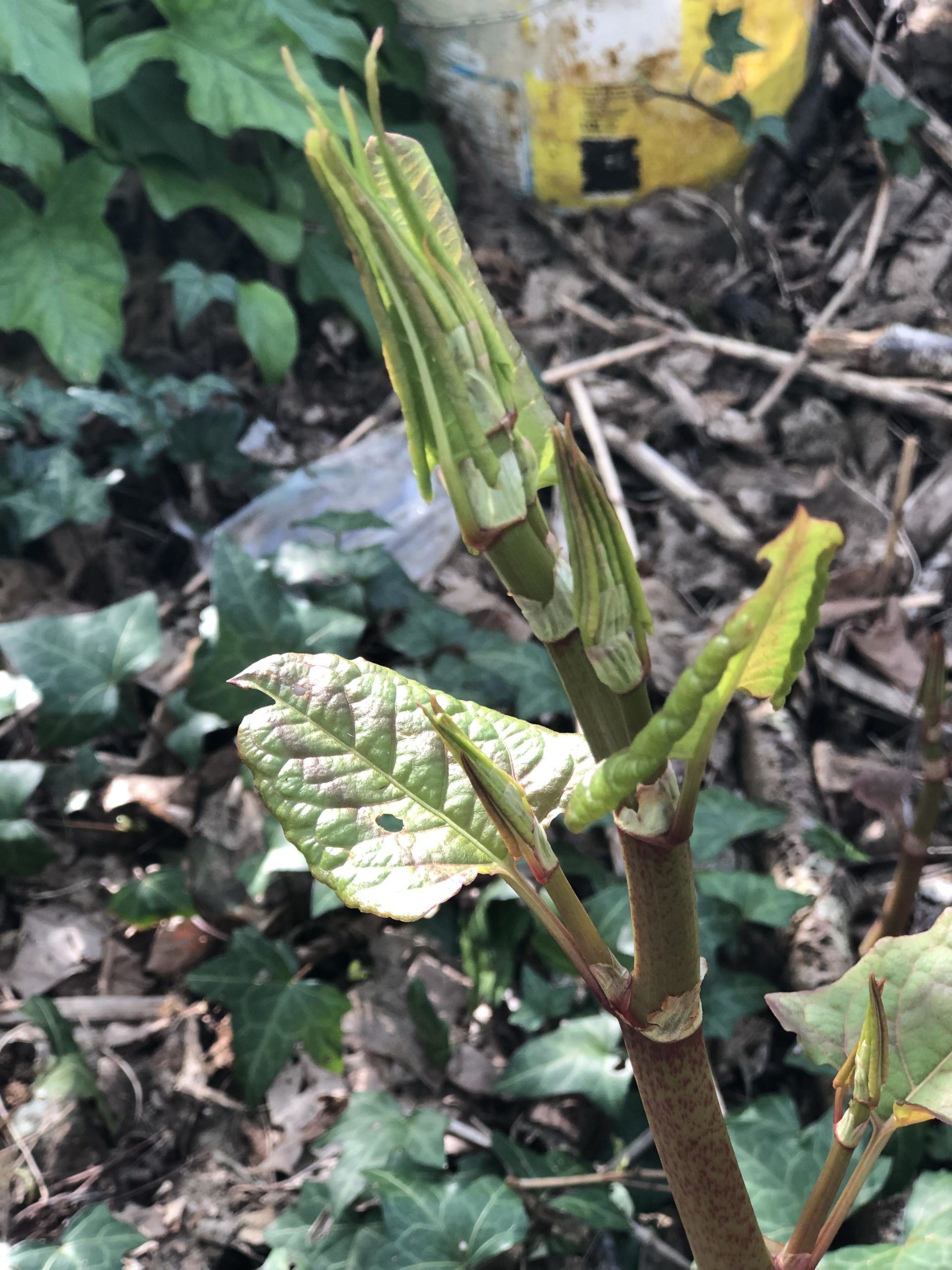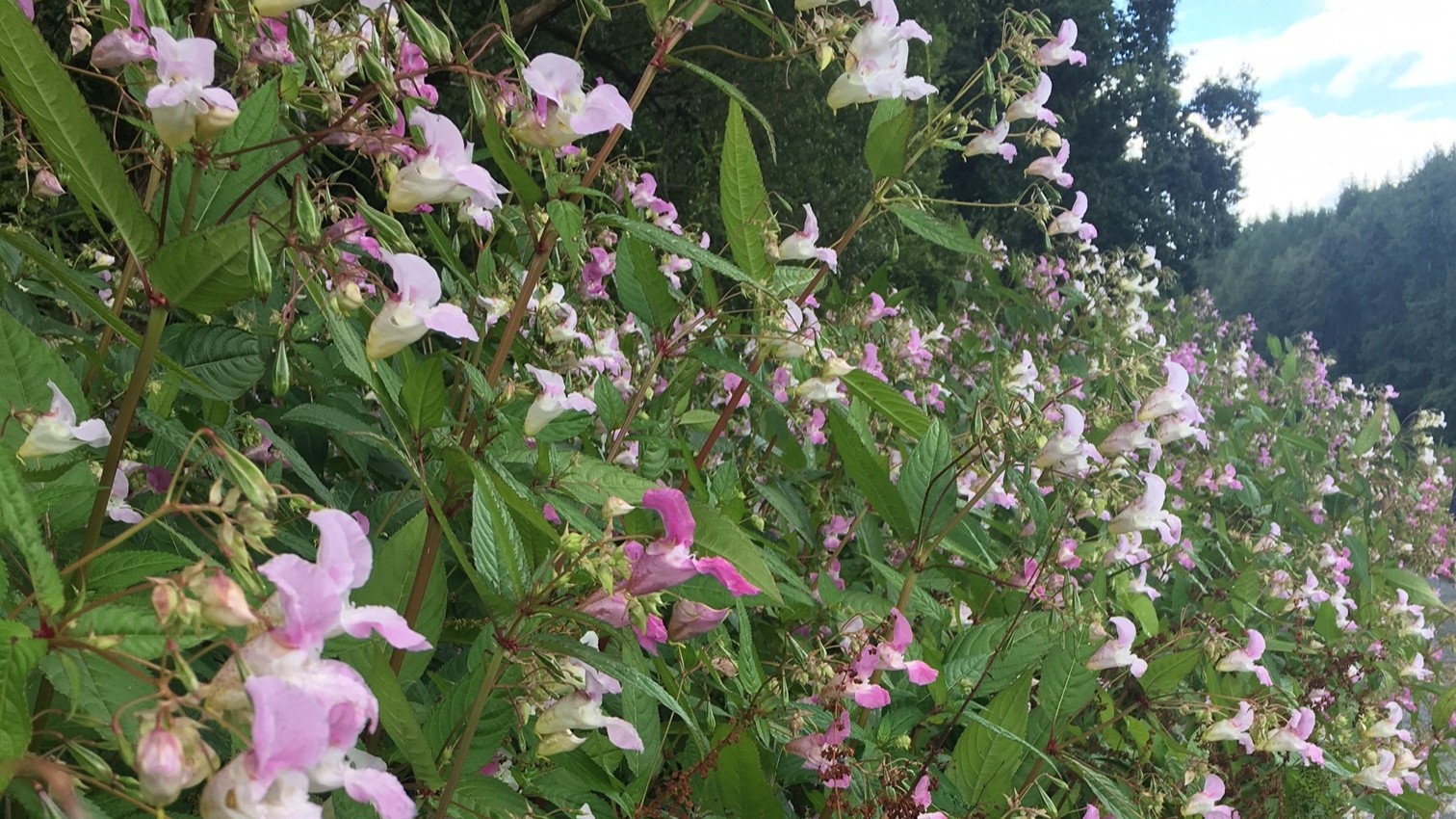With spring in full swing, invasive plant species such as Himalayan balsam are beginning to grow – prompting a call for action to the water management sector.
The Property Care Association (PCA) are advising professionals to assess watercourses and wasteland in a bid to ensure early identification and avoid summer flooding issues.
Himalayan balsam can quickly infest wasteland and the banks of rivers, streams and canals, constricting water flow and silting up watercourses.

Daniel Docking, Technical Manager at the PCA said:
“We’re at the start of the active season for invasive plant species, so it’s the ideal time to identify any affected areas and put biosecurity or remediation plans in place.
“These plants are quick to shoot up and block sunlight from reaching anything underneath, creating a canopy that stops native plants from getting a look in.
“Catching them early helps prevent spread – especially through contaminated soil, footwear or equipment – ensuring treatments are effective and under control from the start.”
Himalayan balsam favours moist, semi-shaded areas near slow-moving watercourses and wasteland where it will outcompete native plants. It can impact waterways by leaving riverbanks exposed to erosion following winter dieback or increase summer flooding due to constricted water flow. It spreads through self-setting seeds, but uprooted or cut plants can re-root or re-sprout from nodes on the stem.

Other invasive plants can also cause issues for the water management sector. Japanese Knotweed can push up through asphalt surfaces such as car parks and driveways, while its rhizomes (a below ground stem which spreads the root network) can interfere with underground infrastructure such as drainage and water pipes.
Sarah Garry, Chief Executive of the PCA, said:
“PCA members who specialise in invasive weeds can play a crucial role in identifying emerging Himalayan balsam or Japanese Knotweed, as well as working with water professionals to put a plan for eradication and remediation in place.
“UK laws impose responsibilities on landowners to manage ‘listed’ (Schedule 9) species on their property.
“We’d advise anyone with concerns about invasive plant species on their sites to visit our website for further information and to find a PCA member who will have the training, knowledge and experience to help tackle these issues.”



